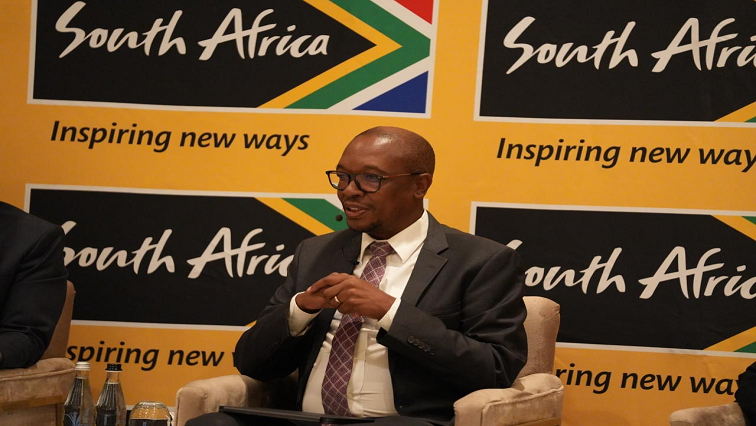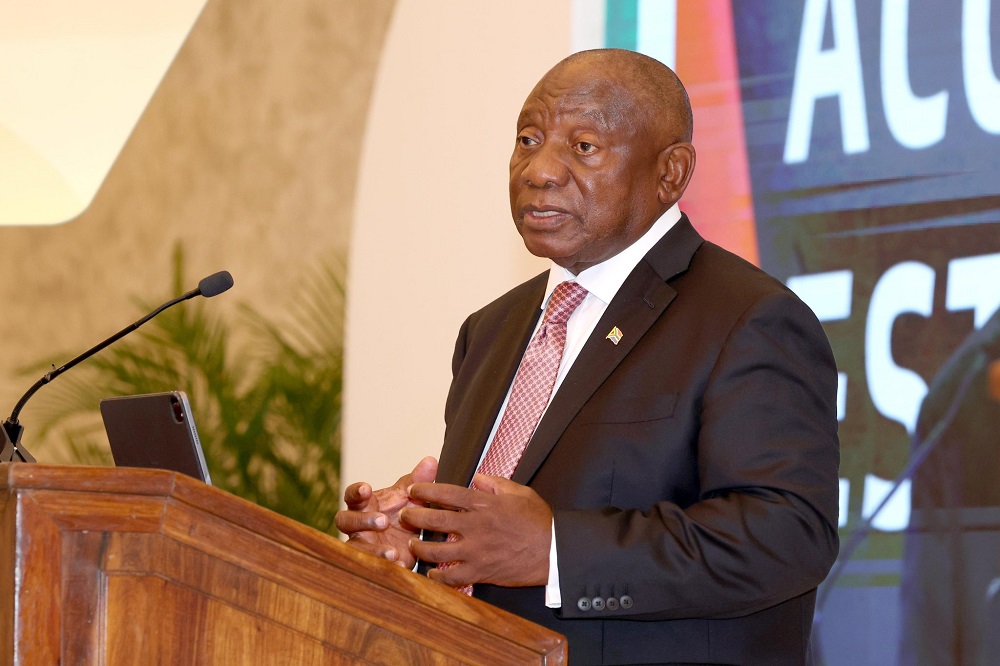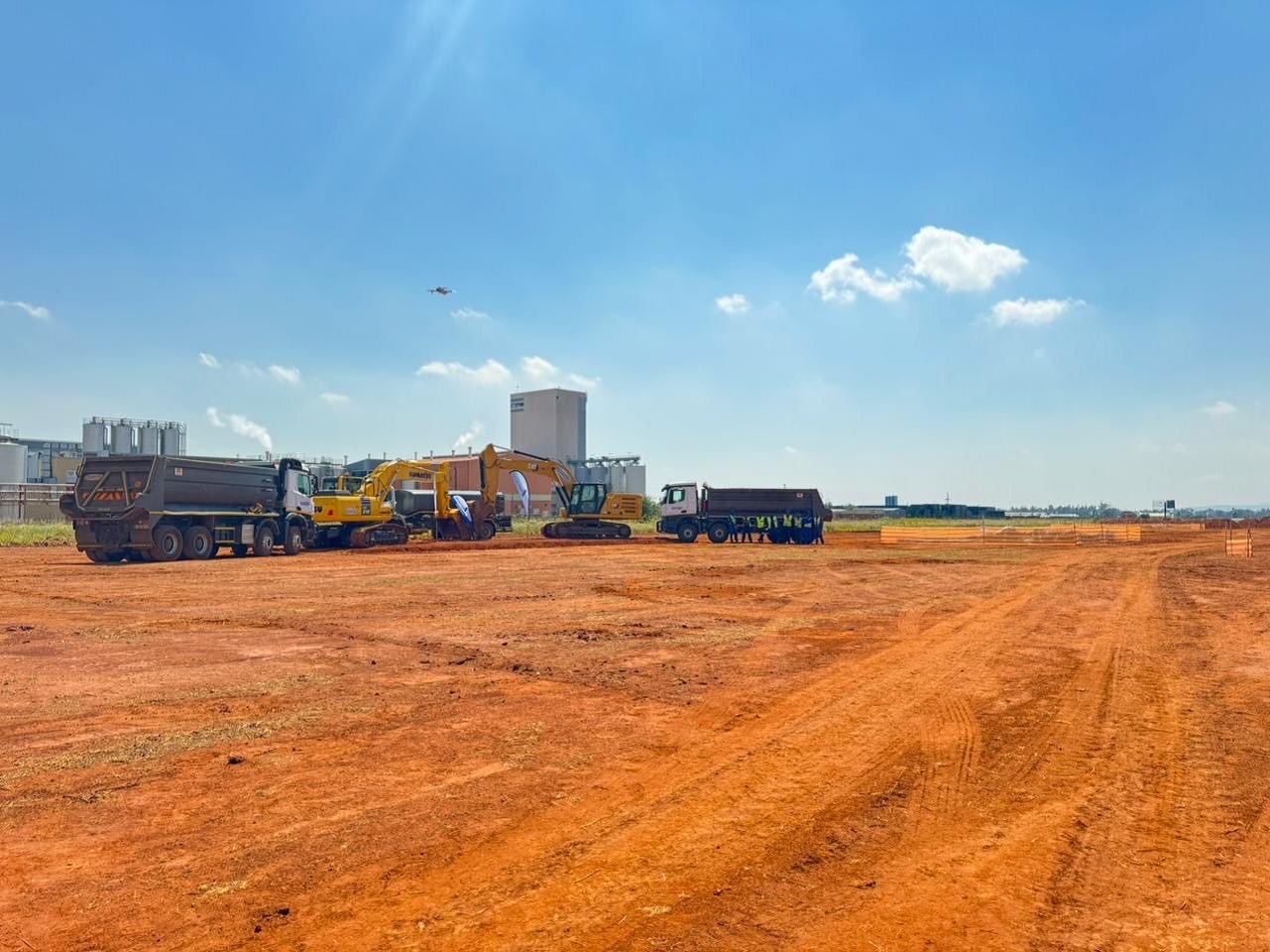-
Trade Industry and Competition Minister Parks Tau.
Plans by the Trade Industry and Competition Minister to set up a R100 billion Transformation Fund have received mixed reactions from those in the business community. The fund seeks to empower black business through the use of contributions made by big businesses in respect of the BBBEE codes of good practice.
According to Minister Parks Tau, the plan is to build up this fund to R100 billion by the year 2029 aimed at bridging the financial gap for marginalized communities including black South Africans and people with disabilities.
But the National Employers Association of South Africa has threatened legal action making reservations on the plans.
It has been a longstanding view of some in the business community that the country’s Triple BEE policies have not seen their fullest potential in bringing about inclusion and transformation for the previously marginalized.
Tau’s proposed R100 billion transformation fund, he says, will not impose new obligations on firms, with the Black Business Council CEO Kganki Matabane saying they’ve been calling for such a fund to consolidate existing B-BBEE funds, which are currently fragmented.
“I think people are just trying to create a national confusion in the market, but this fund is already there,” says Matabane.
According to the DTIC, the fund is aimed at bridging the financial gap for marginalized communities including black South Africans, women, young people, as well as people with disabilities who were excluded legislatively from participating in the mainstream economy.
Township Economic Commission’s CEO, Bheki Twala has welcomed the plans around the transformation fund saying transformation, through B-BBEE can’t be effectively implemented, without the accompanying funding.
“We have these policies. We have this fund, but they don’t reach the deserving entrepreneurs on the ground. This is why we are saying, yes, Africa is for this good policy. This whole intention got the fund, but unfortunately, they don’t reach their deserving recipient because of the red tapes, because of the failure of government to properly engage with the stakeholders on the ground,” says Twala.
But the National Employer Association of South Africa (NEASA)’s CEO Gerhard Papenfus says big business already makes contributions through Enterprise and Development initiatives, accusing government of looking to replace what they describe as the failed B-BBEE policy with the Transformation Fund.
“They must show us one single project that government has run successfully, mention one. There is not one. So, they say in this case, we will run this R100 billion fund, interfering into the affairs of the private sector. They will bring the private sector to a standstill. They cannot do it. They must stay out of business. They cannot do it, but in any event, if they don’t do it, the private sector will stop them in court to do that. It will be found to be unconstitutional. It’s unfair, and it goes against every business principle,” says Papenfust.
The Congress of South African Trade Unions (Cosatu) is hopeful that this fund will address the issue of red tape.
Concerned about potential corruption, it’s called for solidarity and transparency in the running of the fund.
“I think all the ministers are simply saying is that we need to do more, we need to do better. We need to see how the poor resources together, how to bring more people in the economy, particular people who have been historically disadvantaged and I think we would be rather keen to hear a little bit less temper tantrums from those who oppose it and more comprehensive proposals about how if they think there’s some problems with it, how could it be addressed?,” says Cosatu’s Matthew Parks.
Those in the business value chain are looking for more details and clarity on the running of the R100 billion Transformation Fund and for the matter to be discussed at Nedlac, with others already threatening legal action.











